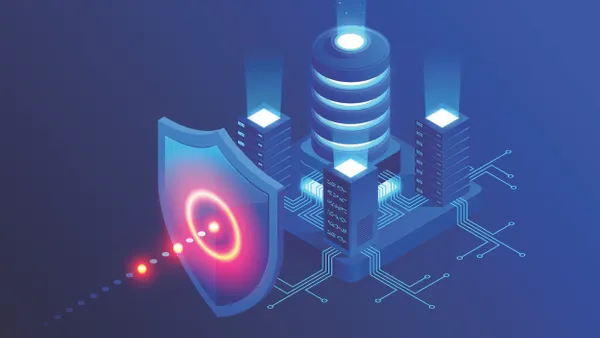Arguably, cybersecurity has come a long way. Defense solutions are no longer in their infancy, as technology providers have advanced their products beyond the average antivirus software.
But even with all the progress, companies across sectors have struggled to adequately defend their networks. But, why is that?
As it turns out, organizations are still trying to construct larger "castle walls," failing to realize that aggressors' methods are far more advanced and lack rule-based limitations.
To highlight the current state of cybersecurity in the enterprise, we ran a spotlight on the issue, with topics ranging from trends to failing defense tactics:
-
Why perimeter security fails to defend businesses from cyberattacks
Companies are trying to construct "castle walls" to defend systems, which fail to stand up to the quick-moving attack methods used by cybercriminals. Read More >>
-
7 cybersecurity trends for 2017
It should be a busy year when it comes to cybersecurity. From IoT device security to BEC attacks, here’s what the experts expect to see in 2017. Read More >>
-
The benefits of phishing in your own pond
As many companies struggle to defend internal networks from cyberattacks, conducting internal phishing tests and practicing security gamification works to increase employee awareness. Read More >>
-
Bots, billions and breaches: Cybersecurity by the numbers
The tech industry isn't always ones and zeros. We've identified facts and figures that are impacting cybersecurity, from routine passwords to the total amount spent on ransomware in 2016. Read More >>
-
4 ways businesses can prevent pricey data breaches
To protect data from unwanted eyes, experts say the solution is simple: education and proactivity. Read More >>
-
Why companies don't hack back
Though the internet can be wrought with threats, targeting companies of any size, it's not the Wild West. If attacked, companies can't legally retaliate. Read More >>
-
How to get the most out of a bug bounty program
For companies like Yelp, the first step is launching a private program before opening systems up to the public. Read More >>














